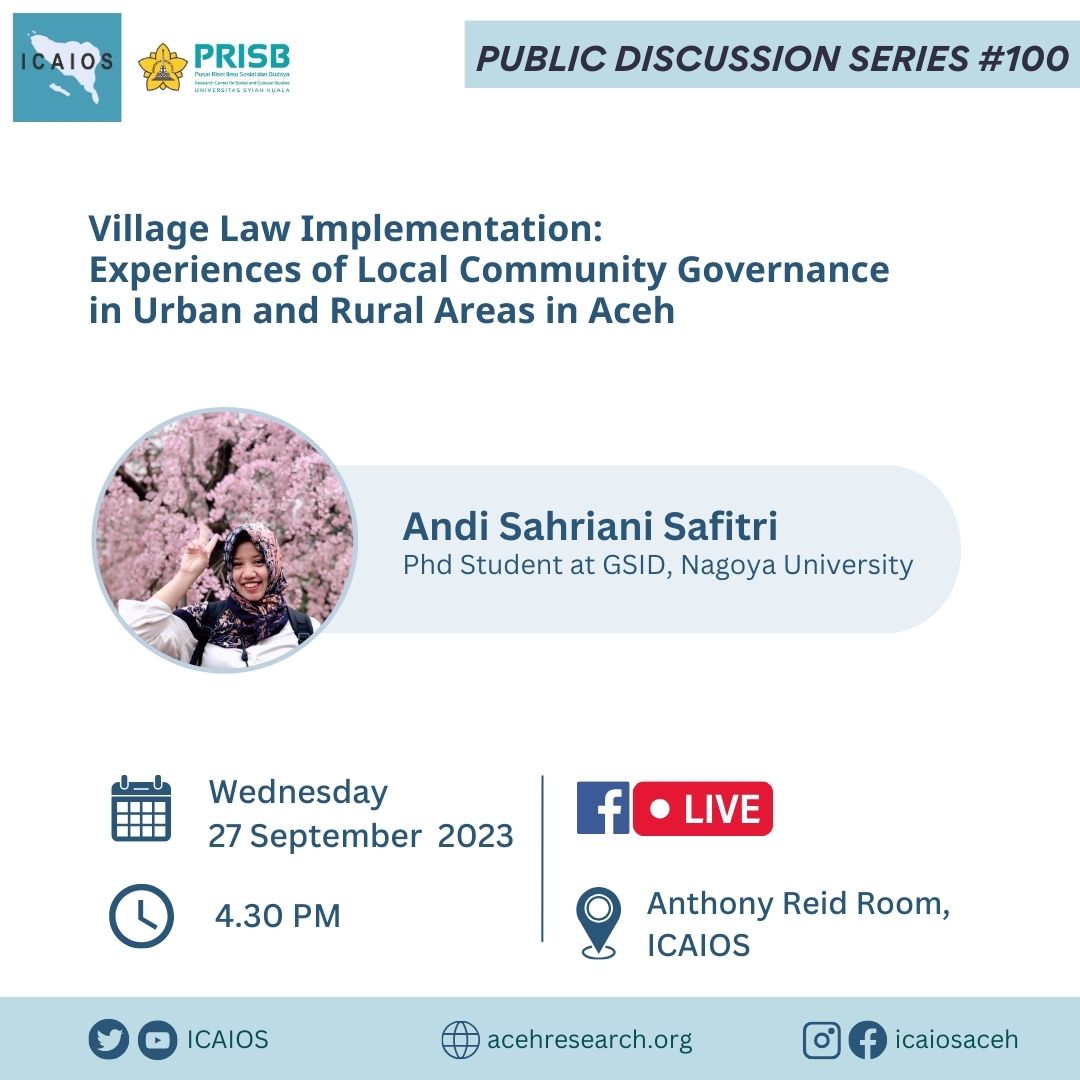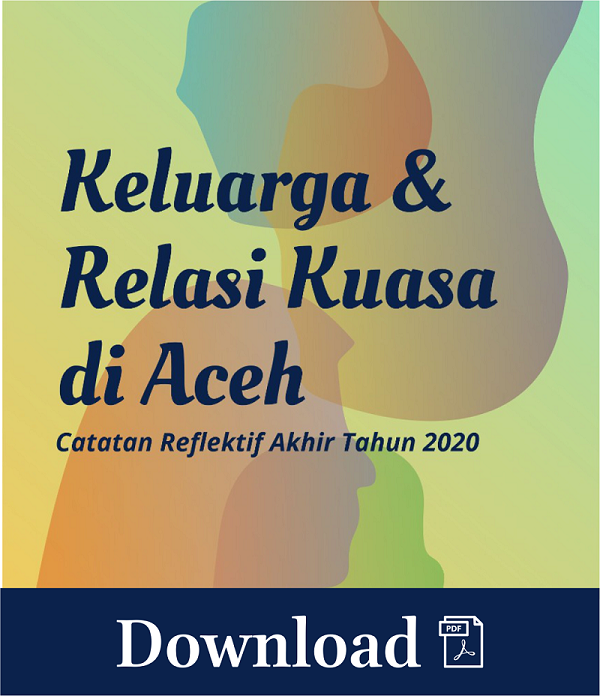
In 2014, Indonesia enacted a new Village Law, Law No.6/2014 on Village, to decentralize public services to the local community government and promote a community-driven development approach for rural livelihood improvement. A legal framework endorsed progressive decentralization to the grassroots level to bring social change in Indonesia's disadvantaged areas. The law provides structures for fiscal deconcentration directly to local community government accounts, enforces accountable village governments, and encourages the local community to contribute to managing local-scale development projects. However, several shortcomings were identified in achieving its normative objectives in the practice of this institutional intervention. Hence, this paper explores the knowledge gap between expected policy outcomes and how the related actors integrate and exercise the derivative regulation provisions. The study presents a qualitative case study of the Village Law implementation in Aceh Province to capture the divergence between the rule-maker objectives and how the local community perceived the given autonomy to procreate self-governance communities for a better livelihood.
Keywords: village law, local community governance, rural development














